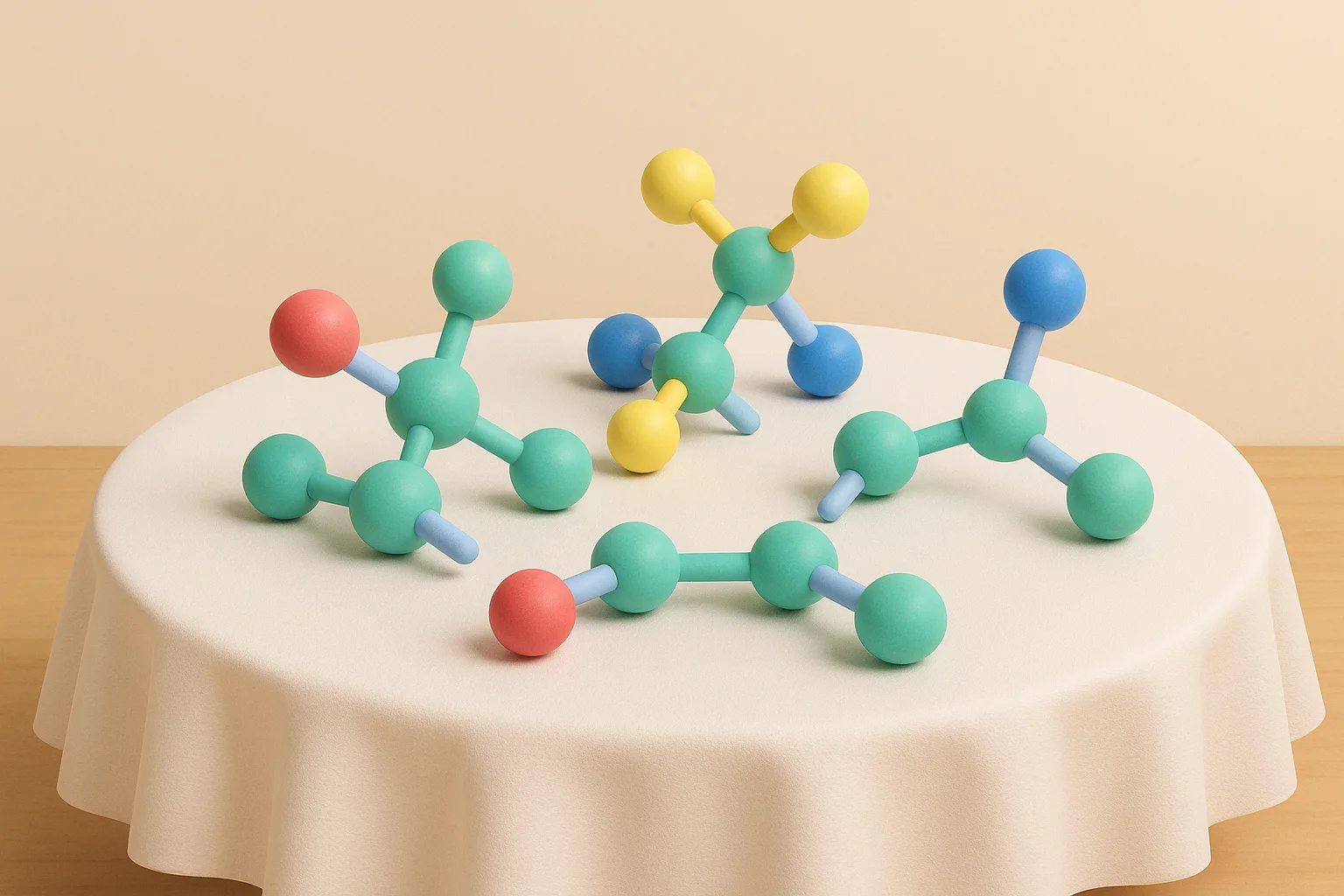
Cannabis has gained popularity for its medicinal and recreational use, with various consumption methods available, including edibles. However, not everyone responds to cannabis in the same way, and certain medical conditions can affect how the body processes tetrahydrocannabinol (THC), the psychoactive compound in cannabis. In this article, we will explore medical conditions that may make it challenging for individuals to process THC when consuming cannabis in edible form.

One crucial factor in THC metabolism is the liver’s involvement, where enzymes break down THC into its active and inactive metabolites. Individuals with variations in liver enzymes, such as those with liver diseases or genetic differences, may experience altered THC metabolism. This can result in unpredictable and potentially stronger effects when consuming cannabis edibles.
People with gastrointestinal disorders, such as Crohn’s disease or irritable bowel syndrome (IBS), may face challenges in absorbing THC through the digestive system. These conditions can affect the absorption rate, potentially leading to delayed onset or variable intensity of THC effects. Individuals with gastrointestinal disorders should approach edible cannabis cautiously and monitor their responses.
The pancreas plays a role in regulating insulin and releasing digestive enzymes. Conditions affecting the pancreas, such as pancreatitis or pancreatic cancer, may impact the body’s ability to process THC efficiently. Edible cannabis, which undergoes digestion in the pancreas, might have different effects on individuals with pancreatic issues compared to those without.
Metabolic disorders, including metabolic syndrome and diabetes, can influence the way the body metabolizes various substances, including THC. These conditions may lead to changes in the distribution and elimination of THC, potentially affecting the duration and intensity of its effects when consumed in edible form. Individuals with metabolic disorders should be aware of potential variations in their response to cannabis.
Certain medications can interact with THC metabolism, affecting how the body processes and eliminates cannabis compounds. Individuals taking medications that impact liver enzymes, such as certain antibiotics or antifungal drugs, may experience altered THC effects when consuming edibles. It is crucial for individuals on medications to consult with healthcare professionals before incorporating cannabis into their routine.

While cannabis edibles offer an alternative consumption method for individuals seeking the therapeutic benefits of THC, it is essential to recognize that various medical conditions can influence how the body processes and responds to these compounds. Individuals with liver enzyme variations, gastrointestinal disorders, pancreatic issues, metabolic disorders, or those taking specific medications should exercise caution when consuming cannabis in edible form. Consulting with healthcare professionals and starting with low doses can help mitigate potential risks and ensure a more controlled and positive experience with edible cannabis.

Chronic Pain: What is the definition? Taken from an online Medical Dictionary: Pain (an unpleasant sense of discomfort) that persists or progresses over a long period. In contrast to acute pain that arises suddenly in response to a specific injury and is usually treatable, chronic pain persists over time and is often resistant to medical […]

Cannabinoids are chemical compounds in cannabis that interact with your body’s endocannabinoid system (ECS), a complex network that regulates mood, sleep, appetite, and pain. This guide explores the effects of key cannabinoids, including THC, CBD, and lesser-known compounds, to provide you with a deeper understanding of their benefits and medical applications. What Are Cannabinoids? Cannabinoids […]
Shangri-La Proudly Serves: Connecticut, Illinois, Kentucky, Missouri and Ohio.